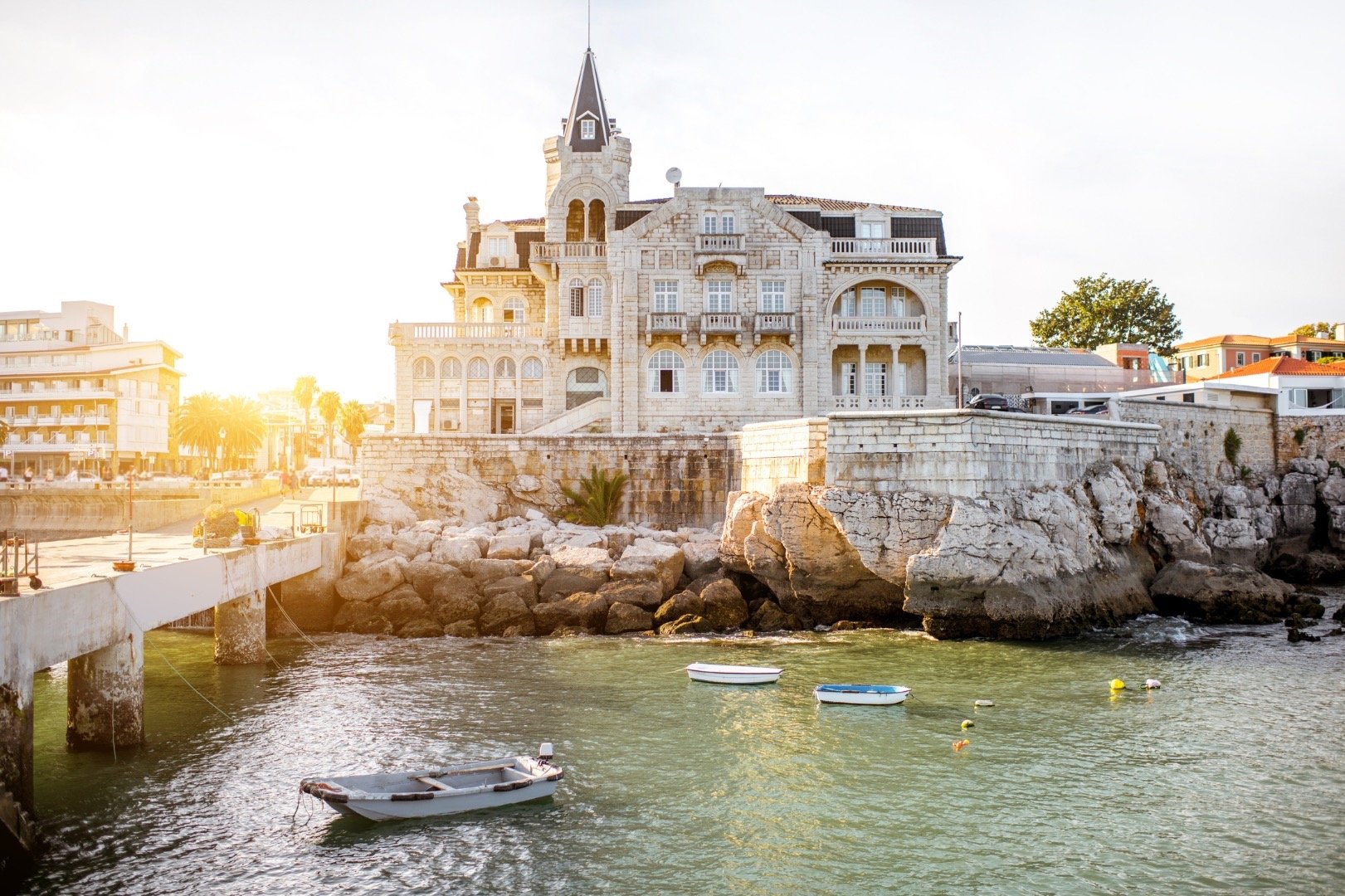Understanding the Cost of Living in Portugal: A Complete Guide for Expats
Discover what it’s really like to live in Portugal by understanding the cost of living. This comprehensive guide covers housing, utilities, transportation, groceries, dining out, healthcare, and more. Whether you’re relocating or planning an extended stay, this post will help you budget and prepare for life in one of Europe’s most beautiful countries.
LIVING IN PORTUGALRELOCATION TIPSEXPAT GUIDESBUDGETING & FINANCECOST OF LIVING
1/9/20252 min read


Moving to Portugal is a dream for many expats, thanks to its stunning landscapes, welcoming culture, and affordable lifestyle compared to other Western European countries. However, understanding the cost of living is essential for planning your move effectively. Here's a detailed breakdown of what you can expect.
1. Housing Costs: Renting vs. Buying
Housing is likely to be your biggest expense in Portugal, and costs vary significantly depending on the location.
Lisbon and Porto: Renting a one-bedroom apartment in Lisbon or Porto’s city center can range between €900–€1,500. In suburban areas, this drops to €600–€900.
Smaller Cities and Rural Areas: Expect to pay €400–€800 for similar accommodations.
Buying Property: Prices per square meter in Lisbon average €3,500–€6,000, while in smaller cities or rural areas, it’s closer to €1,500–€2,500.
Tip: If you’re planning to stay long-term, consider buying property, especially in less touristy areas where prices are more affordable.
2. Utilities and Internet
Electricity, Water, and Gas: Monthly utility bills for a small apartment typically cost €100–€150. In winter, costs can increase due to heating.
Internet and Mobile Plans: High-speed internet costs about €30–€50 per month, often bundled with TV and phone services.
Tip: Portugal offers competitive mobile data plans, with packages starting at €10–€20 per month.
3. Transportation
Portugal’s public transport is reliable and affordable.
Metro and Buses: A monthly public transport pass in Lisbon or Porto costs around €40–€50.
Taxis and Rideshares: Starting fares are around €3.50, and Uber is widely available.
Driving Costs: Fuel prices are high, averaging €1.80–€2.00 per liter, and toll roads can add to the expense.
Tip: If you’re living in a city, public transport is often more economical and convenient than owning a car.
4. Groceries and Dining Out
Groceries: A monthly grocery bill for a single person ranges from €150–€300. Markets offer fresh produce at lower prices.
Dining Out: A meal at a local restaurant costs €8–€15, while fine dining may exceed €30 per person.
Tip: Explore traditional Portuguese dishes at local tascas for authentic and affordable meals.
5. Healthcare
Portugal offers excellent healthcare at a fraction of the cost of many Western countries.
Public Healthcare: Accessible and affordable, with minimal fees for appointments (usually €5–€20).
Private Healthcare: Private insurance costs around €40–€100 per month, depending on age and coverage.
Tip: If you’re a resident, registering for a Número de Utente grants you access to public healthcare services.
6. Miscellaneous Costs
Entertainment: Movie tickets cost around €7–€10, while gym memberships average €30–€50 per month.
Childcare and Education: International school fees can range from €8,000–€20,000 per year, while public schools are free for residents.
Conclusion: Plan Wisely and Enjoy the Portuguese Lifestyle
Portugal is known for offering a high quality of life at an affordable cost, but careful budgeting is key to making the most of it. By understanding expenses like housing, utilities, and transportation, you can plan your move with confidence and fully embrace the Portuguese way of life.
© 2024. All rights reserved.
